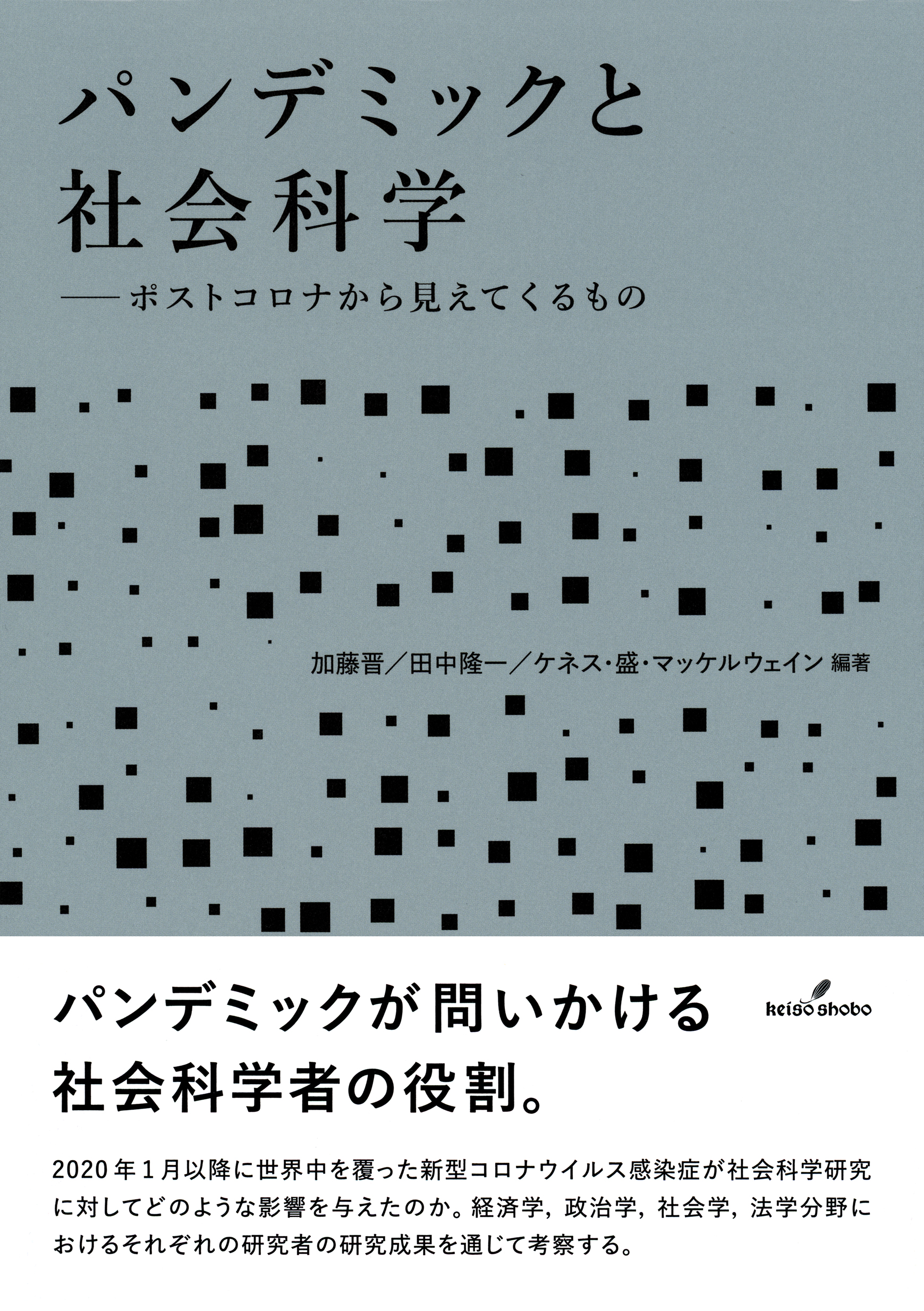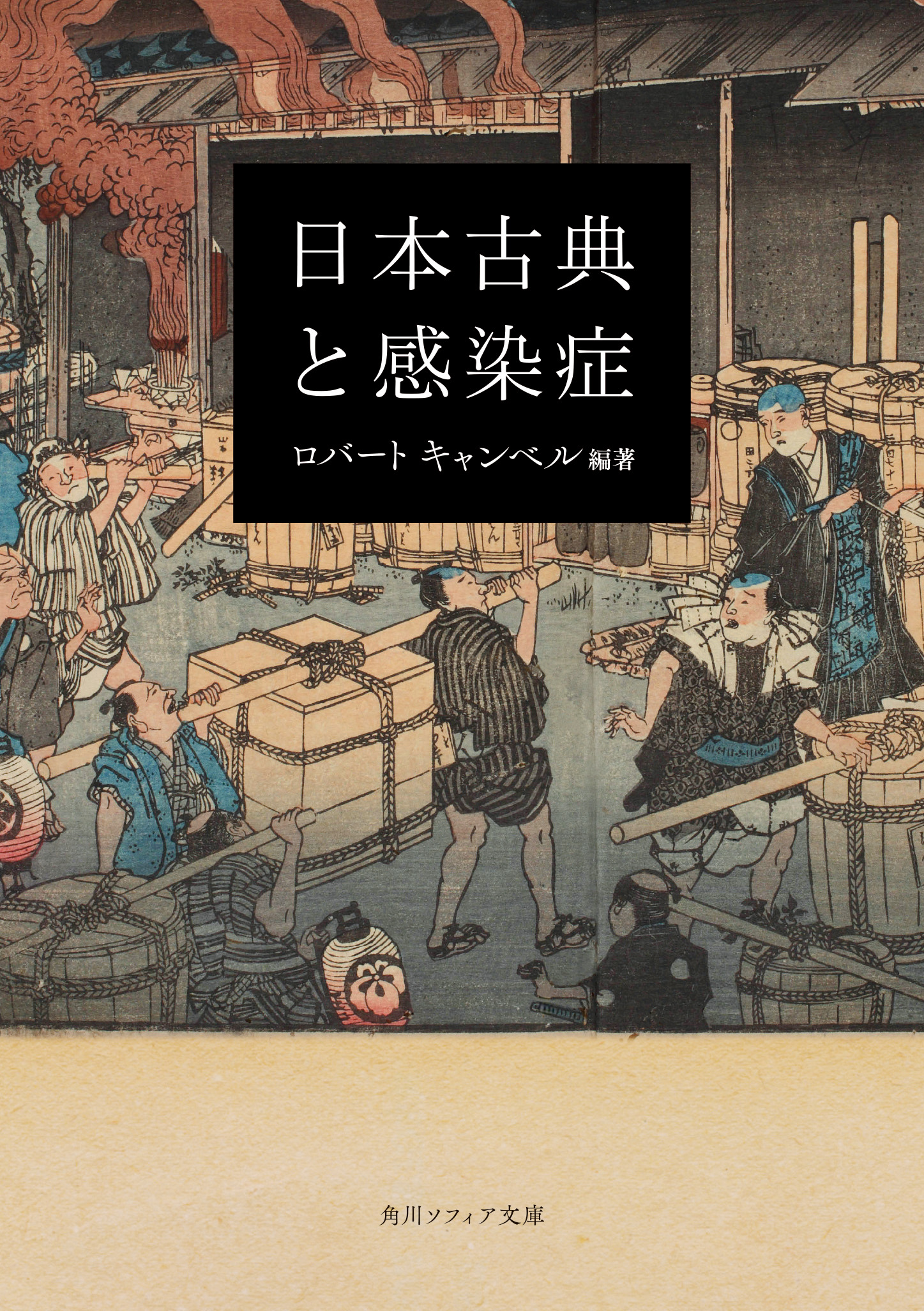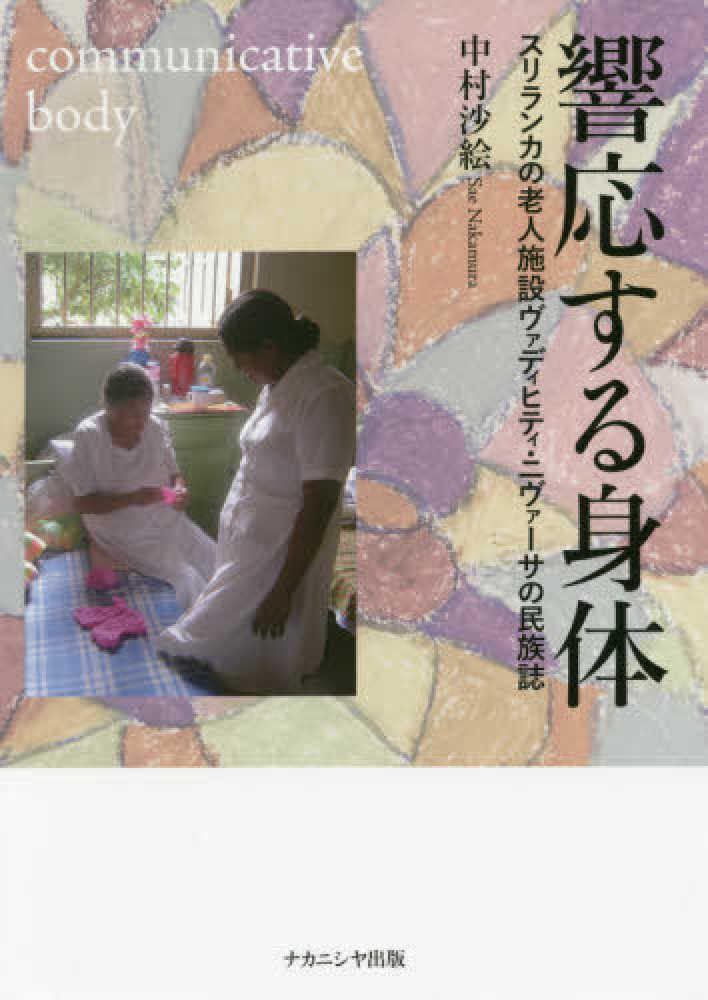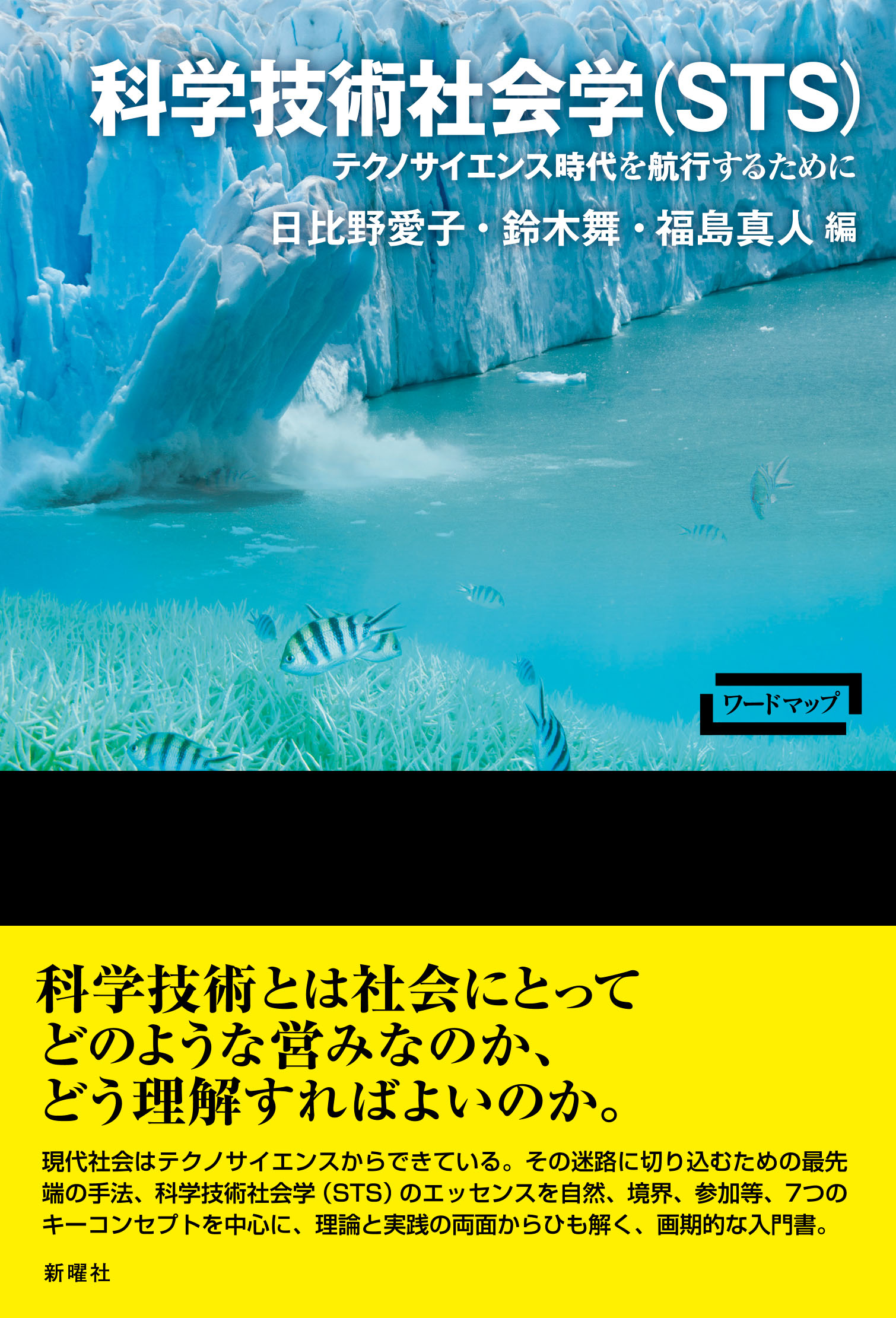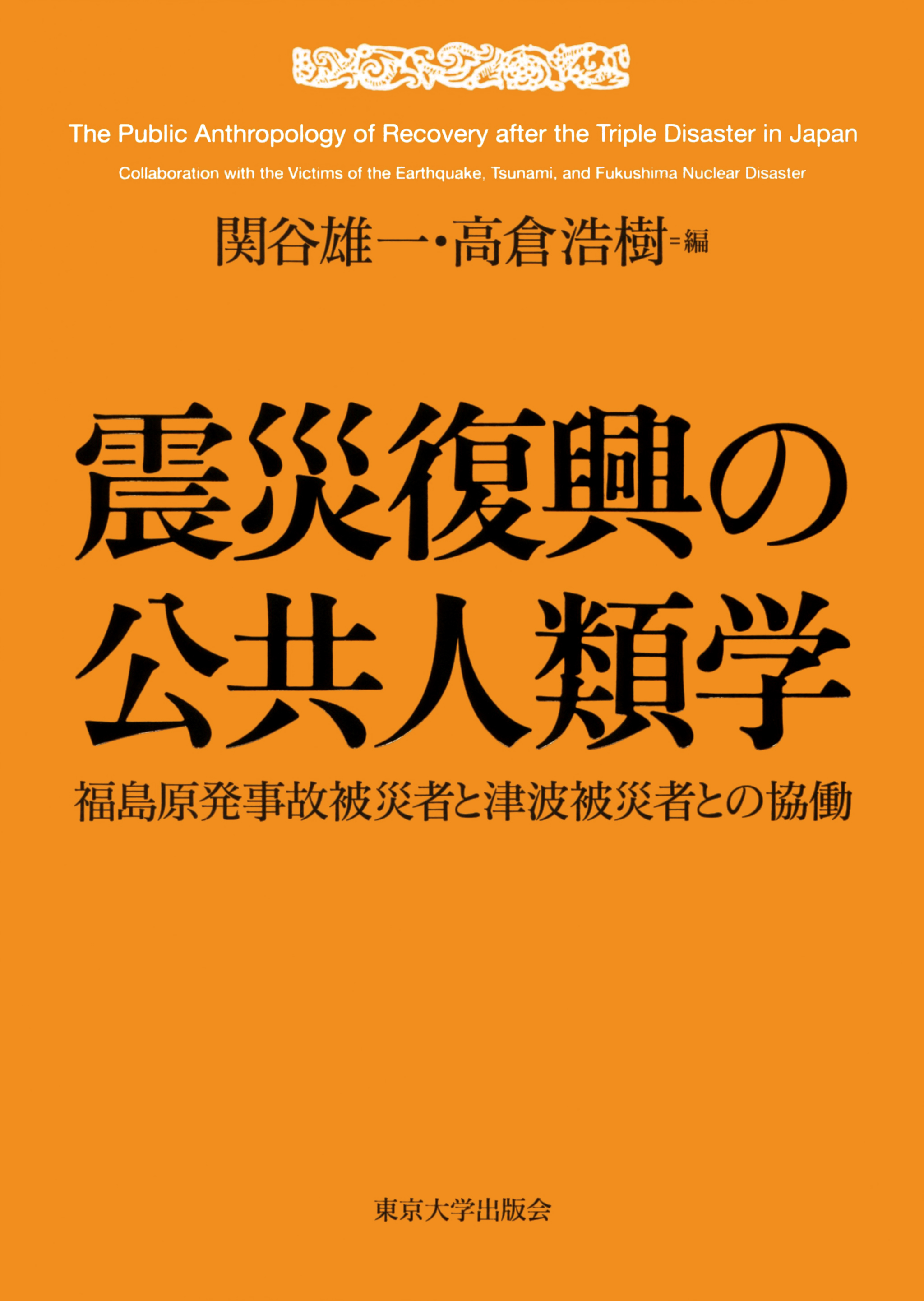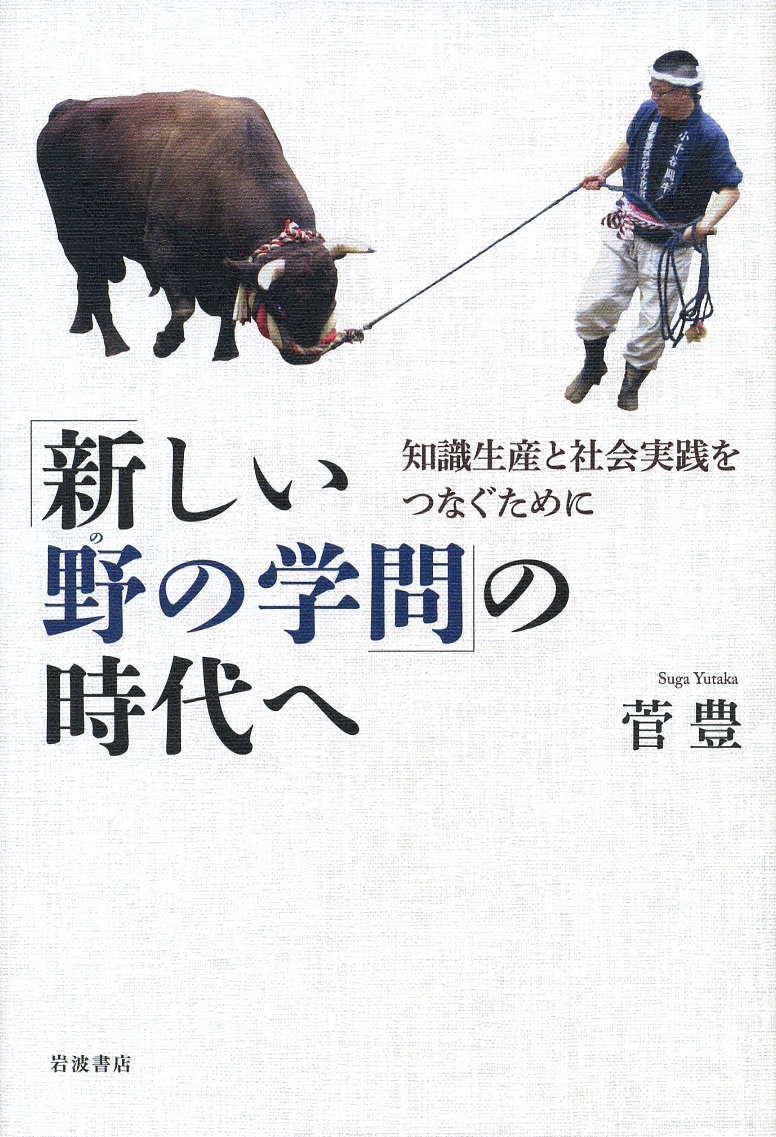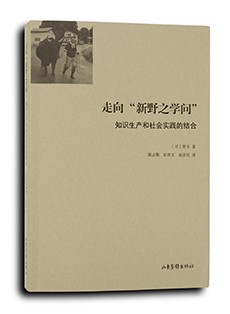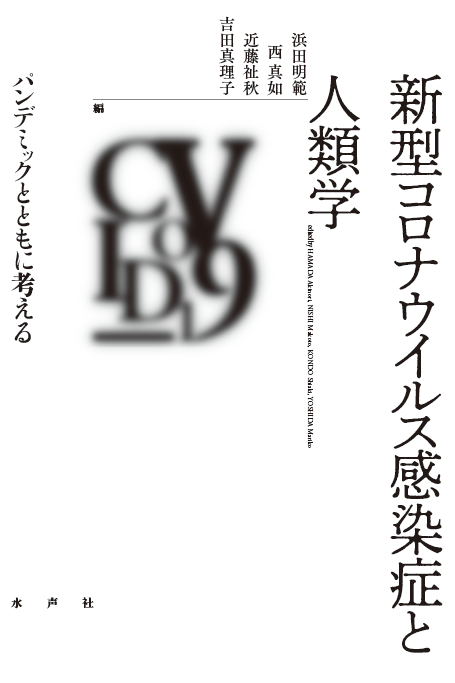
Title
Shingata Coronavirus Kansenshou to Jinruigaku (Anthropology in Times of COVID-19 - Thinking with the Pandemic)
Size
369 pages, 127x188mm, hardcover
Language
Japanese
Released
April, 2021
ISBN
978-4-8010-0563-1
Published by
Suiseisha
Book Info
See Book Availability at Library
Japanese Page
Cultural anthropology is thought to be a discipline in which research takes time to produce findings. The practice of immediately conducting research on crises and emergency situations and of sharing the findings thereof widely has recently gained importance. The current volume collects research findings produced by mainly cultural anthropologists working in Japan who responded rapidly to the COVID-19 pandemic since 2020. Because they engaged in emergency research, some of the essays collected in the volume, including my own, are not fully developed. However, I would like to emphasize that each of the essays serves as a meaningful reminder of what people experienced from spring to fall of 2020.
At the same time, as the volume mainly collects the works of cultural anthropologists, instead of intensive discussions about a particular geographical area, it features works covering a variety of areas worldwide (Japan, Kenya, the United States of America, the Philippines, Bangladesh, Nigeria, Thailand, South Korea, and Myanmar). Another distinguishing feature is the careful consideration of many of the important themes (more-than-human approach, the relationship between medical science and freedom, the effects of the pandemic on daily lives, merit and demerit of SNS, and the experience of medical doctors) that have appeared in discussions about the pandemic.
The current volume also reflects a wide range of methods. There is a chapter based on autoethnographic research; another chapter uses remote interviews; another is the product of collaboration between medical professionals and cultural anthropologists; another draws on exchanges on the Internet; and yet another attempts to describe the reality of living under the pandemic by way of the connection between theoretical discussions and the preceding ethnography of infectious diseases. In this regard, the volume is also a testament to the efforts these cultural anthropologists made to continue their research when their conventional main method of face-to-face participant observation based on fieldwork became difficult to employ.
The pandemic was still ongoing when this introduction was written in August 2022. Different situations and points of contention repeatedly emerge as time goes on. The contributors to the volume continue to conduct their own research on the pandemic. It is my hope that the reader will consider the current volume to be the record of the first step of research, which will continue for a long time.
(Written by HAMADA Akinori, Associate Professor, Graduate School of Arts and Sciences / 2022)



 Find a book
Find a book


 eBook
eBook
